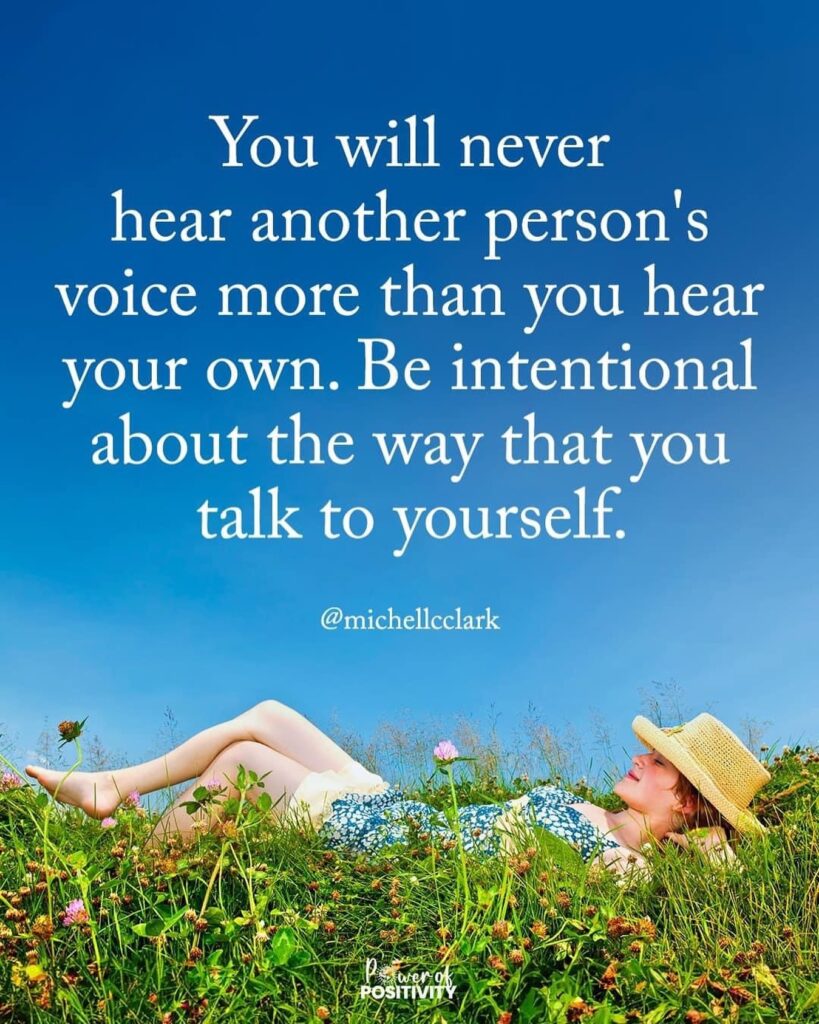Hard moments in relationships can make you question everything. But love doesn’t have to be the fix—it can be the steady ground you stand on while figuring things out. It’s not about solving every problem or changing each other. It’s about having a space where both people feel safe enough to grow and find real ways to grow together through the challenges.
Arguments, doubts, or stress don’t mean your connection is broken. What matters more is how you treat each other when things feel off. Love becomes real when it’s honest, patient, and consistent—not just exciting.
The strongest relationships aren’t built on perfection. They’re built on small, steady actions that help both people feel seen, heard, and valued. If you’re looking for ways to grow together, start with what feels simple but true—being present, being kind, and choosing each other daily.
1. When You’re Healing from Past Hurt
Old pain doesn’t just disappear when you enter a relationship. Sometimes, the past shows up as fear, distance, or shutting down. Love can help ease that pain, but it can’t heal it for you.
Love Can Support Growth, But It Can’t Force It
Healing takes time and often happens from the inside out. A caring partner might offer comfort, but they can’t rush the process or fix the root cause. Trying to “make it better” too fast usually adds pressure instead of peace.
What Healthy Support Looks Like
Instead of fixing, focus on:
- Listening without jumping in
- Saying things like “That makes sense” or “I hear you”
- Allowing your partner space to process
- Being patient, even when progress feels slow
One of the healthiest ways to grow together is by creating safety, not solutions. A strong foundation allows room for personal growth without fear or pressure.
2. When Your Partner is Different from You
Not every couple shares the same taste, energy, or way of thinking—and that’s okay. Being different doesn’t mean you don’t belong together.
Growth Doesn’t Require Matching Personalities
You might like quiet nights, while your partner prefers social events. One of you may love planning, and the other just goes with the flow. That doesn’t make one better than the other—it just means you have different ways of moving through life.
Try Curiosity, Not Correction
Rather than trying to change them, shift into learning mode. Try:
- Asking why something matters to them
- Giving space to talk without interrupting
- Letting go of the idea that your way is the “right” way
- Finding common ground in your values, not your preferences
There are plenty of ways to grow together even when your personalities don’t match. Respect and curiosity are often more important than being alike.
3. When One of You Is Going Through a Tough Season
Stress, loss, burnout—life brings hard seasons. And when one person is struggling, the whole relationship feels it.
Relationships Have Ebb and Flow
Every couple goes through uneven moments. One of you might be tired or checked out, while the other is holding things together. That’s not failure—it’s part of the rhythm of real life.
Support Without Self-Sacrifice
Loving someone through a hard time doesn’t mean losing yourself. Healthy support can look like:
- Doing a little more around the house for a while
- Giving grace instead of taking things personally
- Asking what they need, instead of guessing
- Taking care of your own mental health, too
True connection shows up during the messy seasons. These are also quiet ways to grow together—by choosing patience, balance, and teamwork.
4. When Growth Paths Start to Look Different
As people grow, goals shift. Maybe one of you is changing careers, or starting therapy, or picking up new habits. Change doesn’t mean you’re growing apart.
Evolving Together Doesn’t Mean Changing the Same Way
You don’t need to grow at the same speed or in the same direction. What matters is staying in tune, even as you evolve.
- Talk about how your goals might affect the relationship
- Stay open to new ways of doing things together
- Celebrate each other’s progress, even if it’s not your path
Anchor the Relationship, Not the Routine
Instead of holding tight to what your relationship used to look like, build habits that keep your bond strong:
- Weekly check-ins about how you’re both feeling
- Simple shared rituals, like coffee together or walks after dinner
- Regular reminders of your shared values
Growth doesn’t always follow a straight line—but it can still be one of the ways to grow together when you stay connected through change.
5. When You’re Rebuilding After Distance or Disconnection
It’s common to feel like you’re drifting apart—even in long-term relationships. The good news? Distance doesn’t mean love is gone.
Love Isn’t Lost Just Because You Feel Distant
Disconnection can happen slowly—busy schedules, unspoken stress, or time spent on autopilot. Recognizing the gap is the first step to closing it.
Try Small Repairs Instead of Grand Gestures
You don’t need a weekend getaway or a big surprise to reconnect. Most people just want to feel seen again. Try:
- Turning off the TV and talking over dinner
- Sending a kind message in the middle of the day
- Holding hands again during walks or quiet time
- Saying “thank you” more often
One small moment of care can shift the mood of a whole day. Focus on little habits, not pressure-filled fixes, and you’ll likely find your way back to each other.
6. When the Honeymoon Phase Ends
The early excitement doesn’t last forever—and that’s actually a good thing. Real love begins when the newness fades.
Real Love Begins After the Fantasy Fades
Feeling less “in love” doesn’t mean something’s wrong. It might just mean you’re settling into real connection—one that’s deeper than butterflies.
Trade Excitement for Depth
Once the spark isn’t as strong, you can:
- Build routines that help you stay close
- Share deeper stories, not just daily updates
- Laugh at small things again
- Start new hobbies or interests together
It’s easy to miss the thrill, but what you gain is steadiness. That becomes its own kind of passion—one built on trust, care, and showing up, even on the boring days.
7. When You’re Tempted to “Fix” Your Partner
Trying to help someone you love is natural—but it can cross a line if you’re always trying to change who they are. Wanting the best for your partner doesn’t mean turning them into your project.
Helping Isn’t the Same as Controlling
You might think you’re just offering advice or support, but constant correcting often makes the other person feel small or judged. That can cause distance instead of closeness.
Here’s what trying to “fix” can look like:
- Repeating advice they didn’t ask for
- Pushing them to “do better” in ways that feel critical
- Getting frustrated when they don’t grow the way you hoped
- Measuring your love based on their progress
Create Space for Growth—Not Pressure
Real support means:
- Letting them decide what matters to them
- Offering encouragement, not control
- Respecting their pace, even if it’s slower than yours
Love feels safest when people grow because they want to—not because they’re being pushed.
8. When You’re Ready to Build a Stronger Foundation
Every healthy relationship needs something solid underneath it. That strong base doesn’t appear by luck—it’s built with small, honest habits.
Start with Emotional Safety
People can’t open up if they feel like their feelings will be used against them. Emotional safety means:
- Being able to share without being judged
- Knowing your words won’t be twisted
- Having room to be upset without fearing rejection
A safe space creates trust, and trust holds everything else together.
Prioritize Team Mentality
You’re not on opposite sides. You’re on the same team. Even when you disagree, ask:
- “How can we get through this as a team?”
- “What do we both need right now?”
- “How can we make this easier on each other?”
It’s not about being right—it’s about building something strong together. When both people feel heard, supported, and valued, that’s when the real work starts to pay off.
Final Thoughts on Why Love Isn’t a Fix—but It Can Be a Foundation
You don’t have to have it all figured out. What matters more is choosing someone who wants to grow with you—not change for you. Love doesn’t mean solving every problem or getting everything right. It means showing up, even when things feel hard.
The strongest relationships are built on honesty, teamwork, and steady effort. They’re not perfect—but they’re real. And in that kind of space, growth feels possible.
When both people feel safe to be themselves, supported in their struggles, and respected in their choices, love becomes the foundation—not the fix. That’s where lasting connection starts—with simple, real-life ways to grow together, one step at a time.















